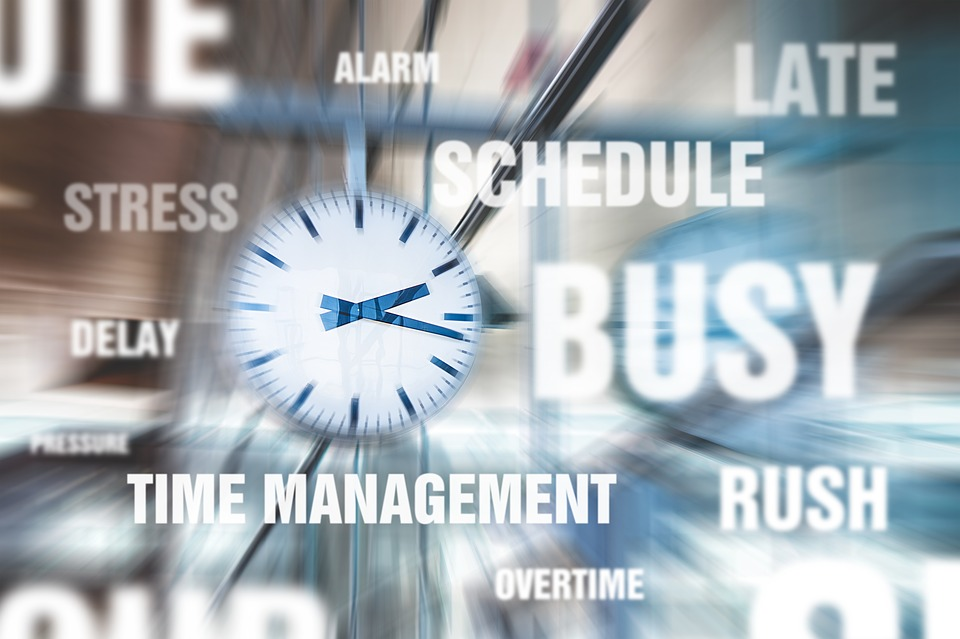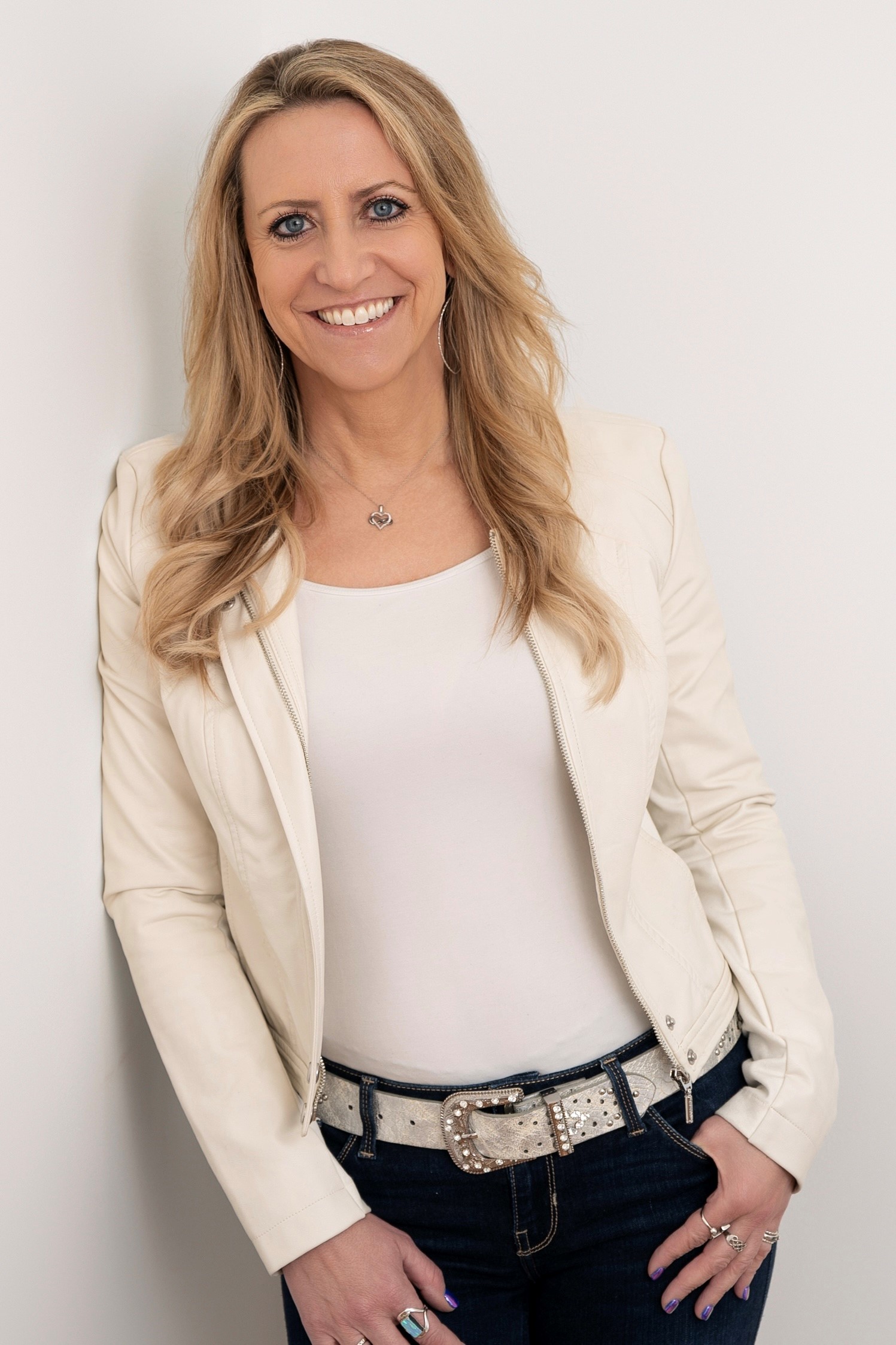As an accountant, you know how valuable your time is. Sometimes it seems like there are not enough hours in a day or weeks in a year. Unfortunately, one significant hazard that affects accountants, CPAs, bookkeepers, and other tax preparers—even outside of tax season—is burnout.
The key to burnout prevention is through self-care and better work-life balance. Find ways to make self-care a part of your routine to protect yourself in times of stress.
Set boundaries
Setting boundaries in every area of your life is vital. If you want to be happier and more productive—set boundaries. Learn to say ‘no.’ You may find that saying ‘no’ does not upset others as often as you think.
When you let work creep into your personal time, it takes away from the time you should be spending on yourself and tends to reduce your quality of work. The easiest way to start setting boundaries is to let your calendar be your first line of defense. Schedule your work hours and let people know that you will not be available outside of those hours. You can set your calendar to public so clients can know what times to reach you.
Setting boundaries also includes being realistic about the amount of work you can do. If a client asks for extra work, say no if you don’t have time. Overloading yourself increases the chance of burning out and a poor client experience. Knowing your limit on how much work you can do helps lower stress and makes your work time more enjoyable.
Choose who you work with wisely
Not every client is a good client. As a professional that works with the public, you see a lot of different types of people. Some clients come prepared, some clients make you laugh, and some… can be a challenge.
If you and a client don’t see eye to eye, it’s okay. You can both move on. Evaluate what they bring to the table. How will it affect your work if you lose this client? If it’s feasible and you find it challenging to work with them, it’s okay to let them go.
Saying goodbye to your worst clients can truly be an excellent form of self-care. It gets you closer to that place of perfect work-life harmony and is a powerful way to take charge of your energy and time. For every difficult client lost, a fantastic new one is right behind them.
Give yourself some me-time
Sometimes the ultimate act of self-care is alone time. Being around other people comes with many rewards, but it also creates stress and insecurities. You tend to over-worry about what people think. That’s okay, but sometimes you just need a break.
Spending time with yourself can help you get to know yourself. It allows you to tune into and concentrate on your thoughts and feelings. Becoming comfortable in your own company can give you the time and freedom to truly explore your own passions without interference. You can try new things and research topics that fascinate you. Get to know yourself differently.
To make it work, you need to set this time aside and make alone time a priority. Don’t wait until you suddenly have space in your calendar; it never happens. Mentally commit to a time or, better yet, book it into your calendar. This way, it becomes something for you to look forward to.
Stay active
We all know working out is good for you—not just physically, mentally too. Regular exercise decreases your risk for serious health conditions, such as high blood pressure, hypertension, and depression, while also having the benefit of increasing your memory and concentration.
Our lives are so full for many of us, but understanding the impact that exercise has on your life allows you to make intentional choices to improve your health. Neglecting your health because of lack of time can stop you from being the healthiest version of yourself, body, mind, and soul.
Practice mindfulness
Practicing mindfulness is about being fully present in the moment and becoming aware of your reactions to your thoughts and feelings. It helps amplify all of your self-care practices, including the ones mentioned in this article.
A shift in mindset improves your relationship with your thoughts and improves your mood. You gain a more balanced perspective on your life. Many people who practice mindfulness report an increased ability to relax, greater enthusiasm for life, and improved self-esteem.
There is preliminary evidence that shows introducing a three-minute breathing exercise before a stand-up meeting results in better decision making, more productive meetings, good interactions.
People who practice regular mindful activities and engage in self-care are happier with their jobs and have lower stress than those who are not. Make tax season your least stressful yet by finding ways to make self-care a part of your routine.
========
Amy Vetter is a CPA.CITP, CGMA is an accomplished c-suite executive and board member with deep experience in cloud technology and transformation, creating go-to- market (GTM) strategies to scale businesses nationally and internationally.
Thanks for reading CPA Practice Advisor!
Subscribe Already registered? Log In
Need more information? Read the FAQs





